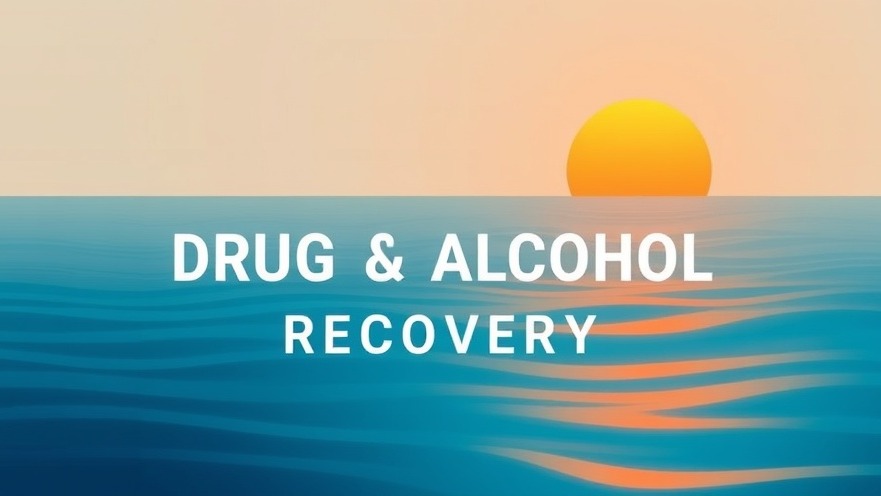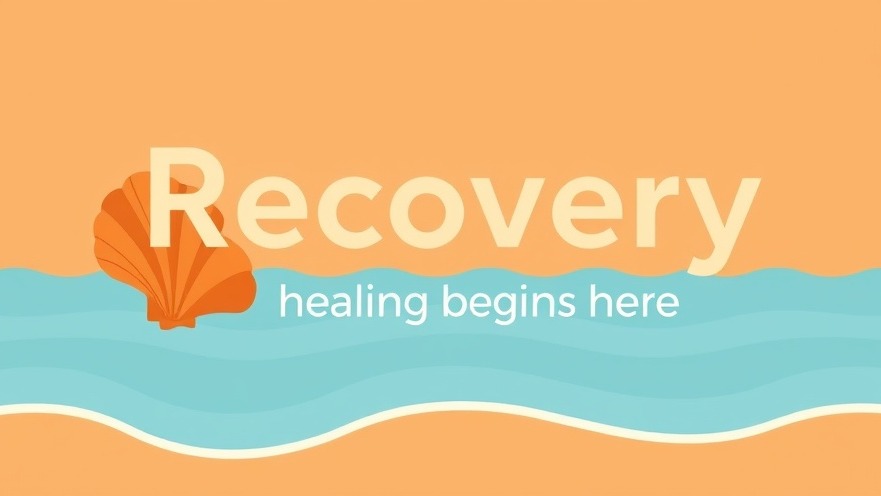
Understanding Inpatient vs. Outpatient Treatment: A Vital Choice
Choosing the right treatment for addiction is a crucial step toward recovery, particularly in a community and surrounding area like Gig Harbor, Washington, where resources tailored to individual needs are readily available. Navigating the options of inpatient and outpatient treatment can feel overwhelming, but understanding their differences is essential for your path to healing.
What Does Inpatient Treatment Entail?
Inpatient treatment, often referred to as residential treatment, provides a comprehensive recovery experience in a structured environment. Patients reside full-time in a treatment center, allowing them to immerse themselves in recovery without distractions. This format is particularly advantageous for individuals facing severe addictions or co-occurring mental health disorders, as it provides 24/7 medical support and therapeutic interventions.
This constant monitoring can help alleviate withdrawal symptoms, ensuring a smoother transition during the detox phase. Moreover, inpatient facilities offer a supportive atmosphere with daily counseling and group therapy sessions, equipping patients with the tools necessary for long-term recovery. The proximity to medical professionals plays a pivotal role in maximizing recovery outcomes and minimizing risks associated with withdrawal.
Exploring Outpatient Treatment Options
Conversely, outpatient treatment offers a more flexible approach. Clients attend scheduled therapy while continuing to live at home, allowing them to maintain daily responsibilities such as work or family commitments. While outpatient programs provide essential access to therapy, counseling, and support groups, they require a high level of personal accountability and commitment. The backdrop of home life may also present potential triggers, making it crucial for clients to have a supportive environment.
For many, outpatient treatment can serve as an effective path to recovery, especially those who have a stable support system. It allows for a gradual transition back to everyday life, while still focusing on healing and personal growth.
Assessing Your Needs: Inpatient vs. Outpatient
When deciding between inpatient and outpatient treatment, consider the factors that may impact your recovery. For those whose home environment is rife with triggers or who have struggled with sobriety in the past, inpatient care might be the best path forward. In contrast, if you maintain a robust support network and a manageable home environment, outpatient treatment could provide a suitable balance.
The decision is deeply personal and should reflect your unique circumstances. By reaching out to professionals, individuals can gain insights tailored to their specific situations, ensuring they choose a path that aligns with their recovery goals.
Integrating Holistic Approaches to Enhance Treatment
In addition to traditional methods, incorporating holistic approaches such as detox programs, liver cleanses, and infrared sauna therapy can greatly enhance one’s recovery journey. Local facilities around Gig Harbor offer a plethora of options designed to support the body’s natural detoxification processes. Cleansing programs and therapies like colon hydrotherapy can facilitate physical recovery while fostering mental clarity.
These treatments help improve physical health, enhance mental wellness, and provide a comprehensive approach that complements both inpatient and outpatient care. Natural detox methods create a supportive framework that helps individuals not only recover from addiction but also thrive physically and emotionally.
A Call to Action: Take the First Step Today!
As you ponder these options, remember you don’t have to navigate this path alone. If you’re struggling with addiction and unsure of the best treatment path for you or a loved one, reach out today. The compassionate staff can provide guidance tailored to your needs and help you take the first steps toward a healthier, more fulfilling life in Gig Harbor.
 Add Row
Add Row  Add
Add 




 Add Row
Add Row  Add
Add 


Write A Comment